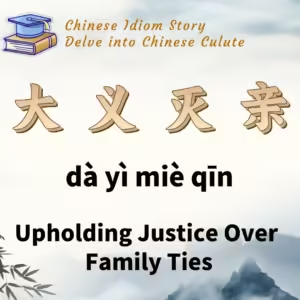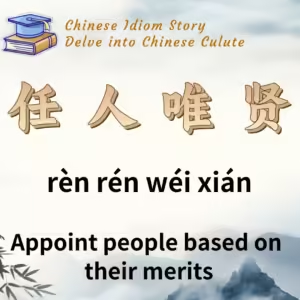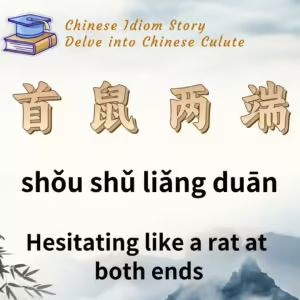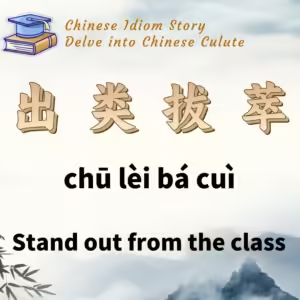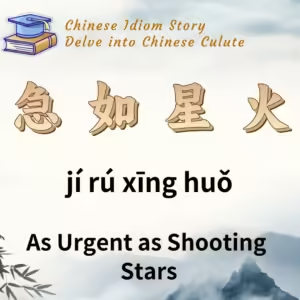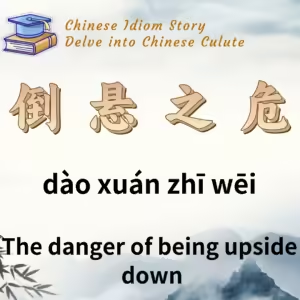
Chinese Idiom: 倒悬之危 (Dao Xuan Zhi Wei)
English Translation: The danger of being upside down
pīn yīn: dào xuán zhī wēi
Idiom Meaning: This idiom metaphorically describes an urgent and critical situation that needs immediate resolution.
Historical Source: Mencius: Gongsun Chou I (《孟子·公孙丑上》)
Idiom Story:
The idiom “倒悬之危” comes from a conversation between the philosopher Mencius (孟子) and Gongsun Chou (公孙丑). During one of their discussions, Gongsun Chou expressed confusion about why the renowned minister Guan Zhong could assist Duke Huan of Qi in establishing hegemony easily, while King Wen of Zhou, who ruled for nearly a century and promoted benevolent governance, failed to unify the world.
Mencius explained that the difference lies primarily in the historical context. He noted that from the time of Emperor Shang Tang to King Wu Ding of the Shang Dynasty, there were several wise rulers who maintained control over their realm. By the time of King Zhou, the last Shang king, his reign was characterized by rapid turnover among rulers, leading to a decline in virtue and governance. Therefore, despite the existence of good customs and wise ministers like Wei Zi and Bi Gan, it took a long time for the Shang Dynasty to fall.
In contrast, Mencius highlighted that the state of Qi, with its vast territory and numerous subjects, had the potential to easily implement benevolent governance. He stated, “At this time, if a nation with ten thousand chariots practices benevolent governance, the people’s joy and support will be akin to rescuing someone who is hanging upside down.” He likened the citizens’ happiness and support to the urgent need to rescue a person in distress, emphasizing the pressing necessity for good governance during turbulent times.
This analogy of saving someone from an upside-down situation captured the urgency of addressing critical issues, leading to the simplified expression “倒悬之危.” The idiom now signifies a dire situation that requires immediate attention and action to prevent further harm or disaster.

